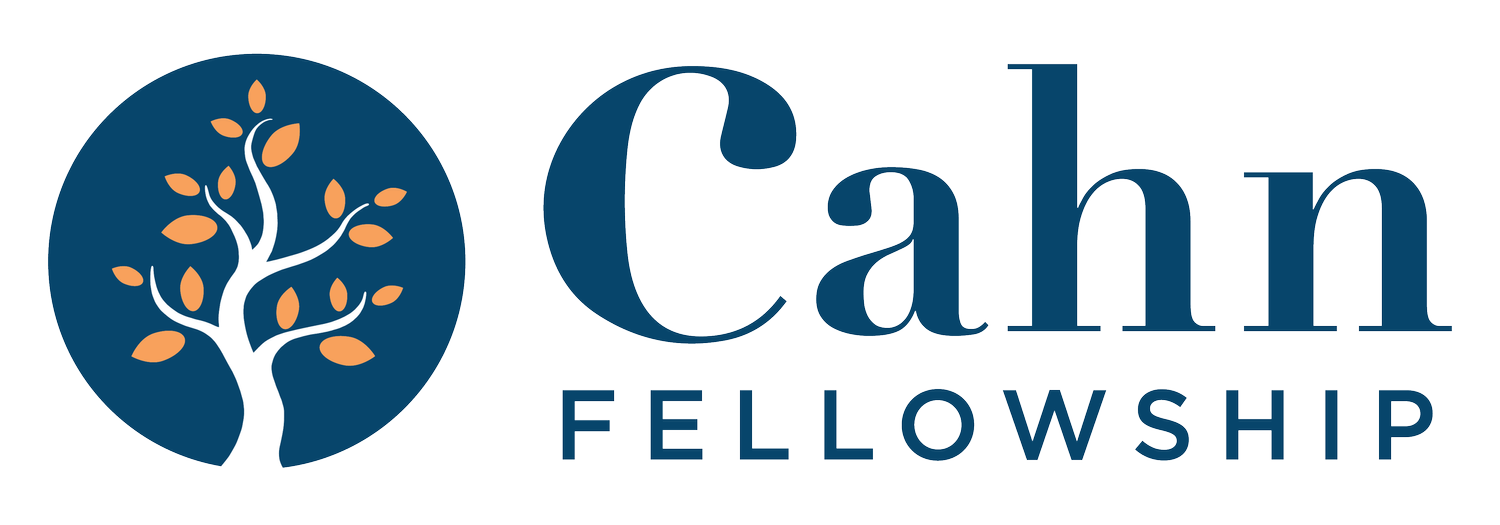Everyone Can Be a Leader if Allowed to Shine!
Dr. Kimberly Nelson • Cahn Fellow 2021
As the principal of Gallistel Language Academy, I firmly believe in the power of democratic leadership in the school. The democratic leadership style is a form of participative management. Research indicates that, through this style of leadership, the members of the organization have effective venues to share their thoughts and opinions, participants feel as though their input is valued, and greater ownership exists for all members of the organization. Additionally, research indicates that distributed leadership boosts student learning by building the school capacity for academic improvement. Studies also show that there is an indirect correlation between teacher leadership to the learning climate of the school in both primary schools (Sebastian et al., 2016) and high schools (Sebastian et al., 2017).
At Gallistel, I have focused on increasing the capacity of all stakeholders in the school by distributing leadership roles and responsibilities to our staff members. This has been done in an effort to have a positive impact on student achievement specifically in reading and math and student engagement in the school. Many staff members have accepted these leadership roles and responsibilities with excitement and enthusiasm; however, a portion of the staff are reluctant and unwilling to take on leadership roles in the building, especially our staff from the primary and intermediate grades. When asked about the reason for their reluctancy, a number of these individuals stated that they do not feel as though they possess the necessary skills to effectively lead a team or activity. For the purpose of this study, my ally and I intended to focus on increasing the leadership roles of the teachers in kindergarten through fifth grade while maintaining the leadership roles of the teachers in the sixth through eighth grade in order to positively impact school climate, student achievement, and staff/student engagement in the school.
Additionally, the students in kindergarten through third grade at Gallistel are quite dependent on the teachers in the primary grades. Perhaps this is the case, because the majority of the teachers in the primary grades do not see themselves as leaders. Therefore, they may not focus on fostering independence and leadership qualities in their classrooms. On the other hand, there are many student leaders in the upper grades as this appears to be a focus of the teachers at these grade levels. Through this project, the increase of teacher leadership in the primary grades may ultimately result in an increase in student leadership in the primary classes as well.

